Assistance dogs policy
Vine Medical Group welcomes assistance dogs. It is unlawful for service providers to treat disabled people less favourably for a reason related to their disability, and “reasonable adjustments” for disabled people, such as providing extra help or making changes to the way they provide their services are now required. This includes adjustments to physical features of premises to overcome physical barriers to access for people with disabilities and facilitating such visitors to use services.
Infection Prevention and Control
The RCN provides this guidance on infection prevention and control, which we follow: All precautions should be taken to ensure that any possible risk of infection being passed from owner or dog to patient is minimised. There is no published data suggesting outbreaks or incidences of infection occur as a result of dogs but there is evidence about how to reduce risk (Murthy R, et al., (2015) and Stull J, et al., (2015)). The following should be observed at all times.
- If the owner/handler or dog are unwell with diarrhoea and vomiting or have had diarrhoea and vomiting in the last 48 hours, they should not visit. This also applies to respiratory symptoms such as a cough and cold.
- If the dog handler or dog develops a skin condition, advice should be sought from the local infection prevention and control team or GP as to whether the owner/handler and dog should visit.
- Both the dog and their owner/handler should have all their routine vaccinations, and these must be up to date.
- The dog should not be allowed to lick anyone.
- Hand hygiene should be maintained. The owner/handler, the patient and anyone who has contact with the dog must clean their hands with soap and water, sanitiser or alcohol rub. Hand hygiene between patients must take place if multiple patient contact occurs.
- The dog should be cleaned and well-groomed before any visit.
- The dog should not be fed on raw animal protein although raw vegetables are acceptable.
Challenging an Assistance Dog and ‘proof’
Assistance Dogs do not need to provide proof of training or identification, there is no official registration or certification process for assistance dogs in the UK. However, most assistance dogs will be recognizable by their jacket, harness, lead or bandana. If a dog is behaving as you would expect a service dog to behave, denying access could be unlawful.
Revoking access would only be justifiable if the dog is not behaving in line with the list of expected behaviours outlined by the Equality and Human Rights Commission. Assistance Dogs UK provides a quick guide which covers this topic.
Links
